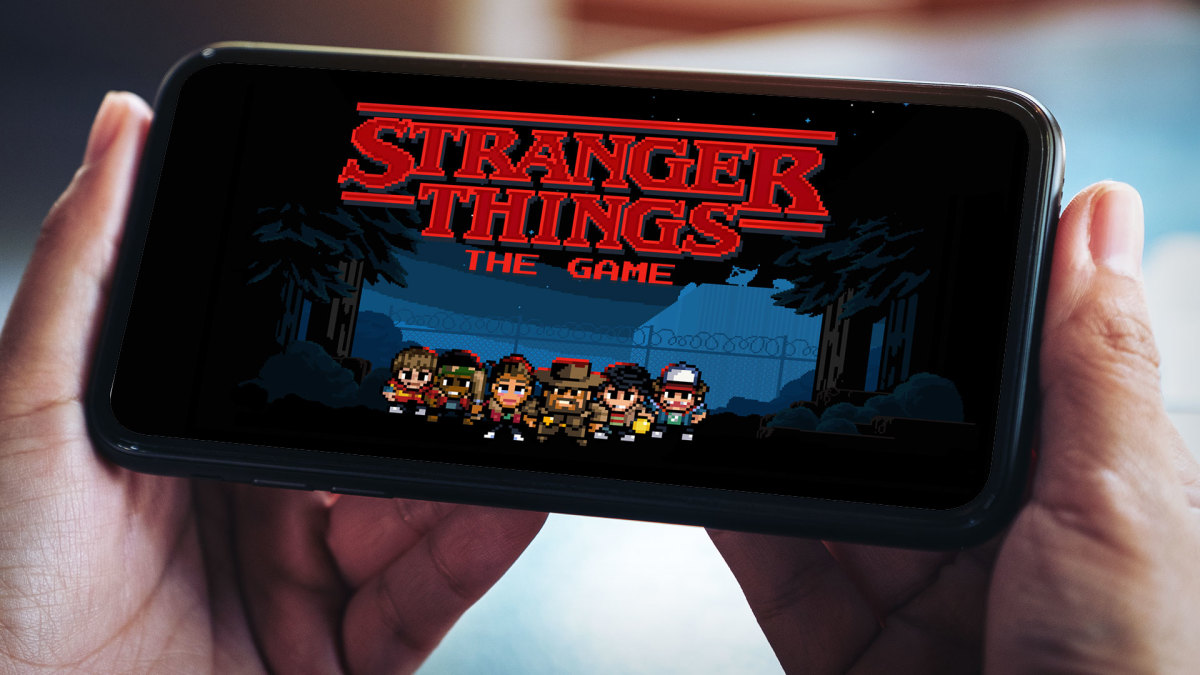
Netflix is pressing full steam ahead with its lofty mobile gaming ambitions, despite low subscriber engagement in the small library of titles released thus far.
The streaming giant has revealed plans to launch its own internal games studio in a bid to lessen reliance on third-party developers. Based in Finland, the as-yet-unnamed studio will be fronted by former EA and Zynga executive Marko Lastikka, and join Next Games and Night School Studio in the streamer’s roster of already-owned developers.
“This is another step in our vision to build a world-class games studio that will bring a variety of delightful and deeply engaging original games – with no ads and no in-app purchases – to our hundreds of millions of members around the world,” Netflix VP of Game Studios, Amir Rahimi, said in a statement announcing the news.
This is a big – albeit surprising – declaration of intent from Netflix, whose 2022 has been riddled with unwelcome developments concerning dwindling subscriber numbers and the resultant need to cancel a slew of high-profile film and TV projects.
The streamer’s fledgling gaming division hasn’t avoided the bad news wave, either. Data emerged in August revealing that less than one per cent of Netflix’s global fanbase is currently playing one or more of its games. In more stark terms, that means only 1.7 million subscribers have played a video game on Netflix since its gaming section officially launched in November 2021.
Playing the long game
So why is Netflix doubling down on gaming, of all things, when it’s supposed to be in cost-cutting mode? The answer, we think, remains the same as the reason Netflix kicked off its whole gaming endeavor in the first place: as simply another way to entertain – and, crucially, retain – those subscribers who are already invested in the brand’s ecosystem.
Sure, less than one per cent of subscribers have played a Netflix game, but 23.3 million have downloaded at least one title in the past nine months – suggesting consumers are ready and willing to engage in the streamer’s gaming content if the titles themselves are deemed worth playing.
Sign up for breaking news, reviews, opinion, top tech deals, and more.

Netflix’s 26-game library needs bolstering with a slate of must-play titles if more subscribers are to take notice of its existence, and the launch of an in-house studio will surely help Netflix do just that.
What’s more, this Helsinki-based Netflix developer will mark the first to be built by the company from scratch, suggesting it’ll boast an improved ability to focus on Netflix-branded content, specifically (paving the way for new titles rooted in popular IP like Strangers Things, Squid Game and more of the best Netflix shows).
Another factor in the slow progress of Netflix’s gaming division is time. Those who work in the industry know how long it takes to create a game worth playing, and the higher-ups at Netflix seem to recognise that fact, too.
“It’s still early days, and we have much more work to do to deliver a great games experience on Netflix,” Netflix executive Rahimi said in his aforementioned statement. “Creating a game can take years, so I’m proud to see how we’re steadily building the foundation of our games studios in our first year, and look forward to sharing what we produce in the coming years.”
In other words, it’s too early to say that Netflix games have failed – and with the launch of an ad-supported subscription tier on the horizon at the streamer, Netflix may once again have the expendable finances it needs to succeed in this unfamiliar industry.

Axel is TechRadar's Phones Editor, reporting on everything from the latest Apple developments to newest AI breakthroughs as part of the site's Mobile Computing vertical. Having previously written for publications including Esquire and FourFourTwo, Axel is well-versed in the applications of technology beyond the desktop, and his coverage extends from general reporting and analysis to in-depth interviews and opinion.
Axel studied for a degree in English Literature at the University of Warwick before joining TechRadar in 2020, where he earned an NCTJ qualification as part of the company’s inaugural digital training scheme.